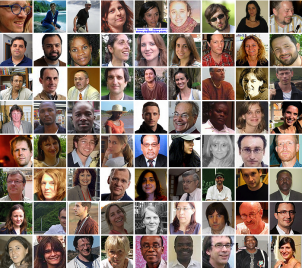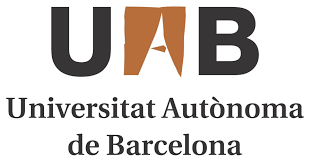
“The world of EJOs (Environmental Justice Organisations) has come to exist because of the many conflicts caused by the increase of social metabolism and global inequalities of power and income. These have resulted in injustices in access to natural resources and in the burdens of pollution. EJOs were not born from reading books but have produced their own books (and documentaries) as byproducts of their activism. The EJ movements respond to and express the conflicts that arise from the clash between economic growth and the environment as a source of livelihoods and as a site of cultural values.”
With that, 18 authors – most of them collaborators in EJOLT- conclude a peer reviewed paper on the nexus between science and activism. The paper was written by Joan Martinez-Alier, Isabelle Anguelovski, Patrick Bond, Daniela Del Bene, Federico Demaria, Julien-Francois Gerber, Lucie Greyl, Willi Haas, Hali Healy, Victoria Marín-Burgos, Godwin Ojo, Marcelo Firpo Porto, Leida Rijnhout, Beatriz Rodríguez-Labajos, Joachim Spangenberg, Leah Temper, Rikard Warlenius and Ivonne Yánez and has been published in the Journal of Political Ecology, vol 21: 19-60.
Abstract
In their own battles and strategy meetings since the early 1980s, EJOs (environmental justice organizations) and their networks have introduced several concepts to political ecology that have also been taken up by academics and policy makers. In this paper, we explain the contexts in which such notions have arisen, providing definitions of a wide array of concepts and slogans related to environmental inequities and sustainability, and explore the connections and relations between them. These concepts include: environmental justice, ecological debt, popular epidemiology, environmental racism, climate justice, environmentalism of the poor, water justice, biopiracy, food sovereignty, “green deserts”, “peasant agriculture cools downs the Earth”, land grabbing, Ogonization and Yasunization, resource caps, corporate accountability, ecocide, and indigenous territorial rights, among others. We examine how activists have coined these notions and built demands around them, and how academic research has in turn further applied them and supplied other related concepts, working in a mutually reinforcing way with EJOs. We argue that these processes and dynamics build an activist-led and co-produced social sustainability science, furthering both academic scholarship and activism on environmental justice.
The full paper can be accessed for free from here





From the JPE editor: Phew. After many days of editing, that was the longest and one of the most substantial papers I have ever published. And yet, other terminologies come to mind – it is the sort of thing that needs re-visiting every couple of years (we would be happy to consider that). The work of Latin American NGOs alone is massive.
Thank you for the editing, Simon.
Indeed, one could collect vocabularies of environmental justice elsewhere, for instance “Paremos de Fumigar” (stop fumigation with glyphosate) in Argentina and other countries. And in so many other countries and so many other languages…